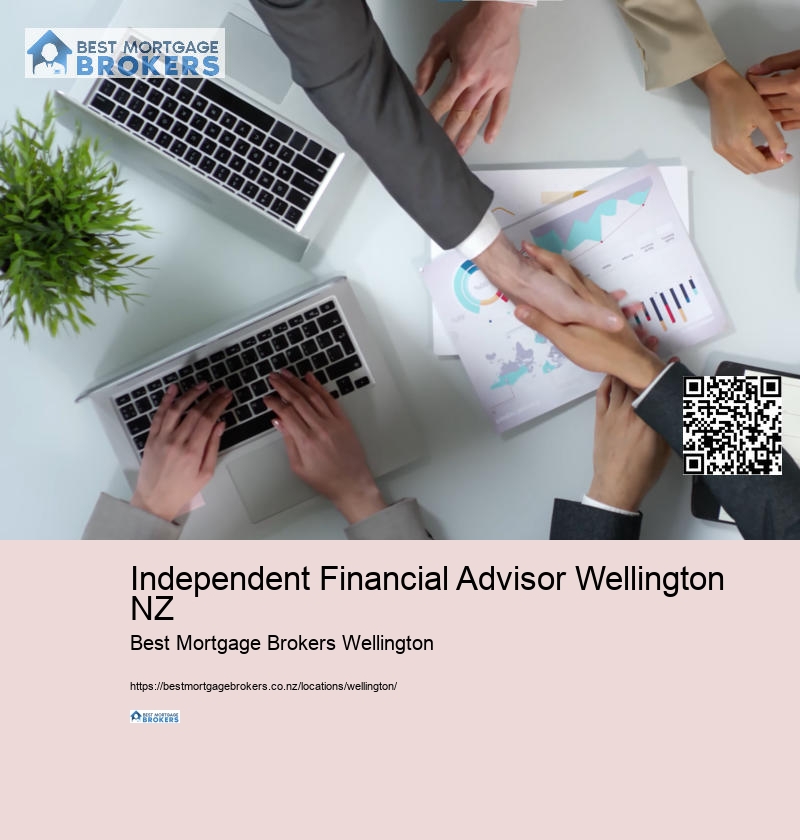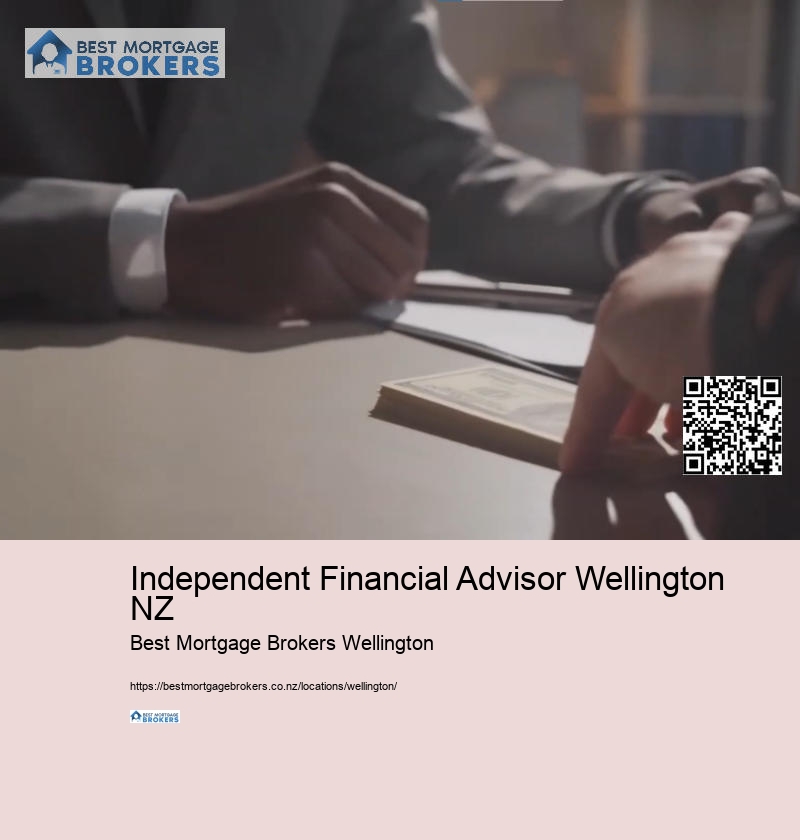Independent Financial Advisor Wellington NZ
mortgages
After gathering the required documents, the next step is to complete a mortgage application form. This form will require detailed information about your income, assets, debts, and the property you wish to purchase. It's essential to fill out this form accurately to avoid any delays in the approval process.
This assessment will determine the loan amount you qualify for and the interest rate you'll be offered.
Independent Financial Advisor Wellington NZ - financial decision-making
- personalized financial solutions
- goal-oriented financial planning
- financial decision-making
- refinance
- mortgage brokers
- financial planning process
- residential property
- financial strategies
- mortgage specialist
- mortgage advice
Review this letter carefully and seek clarification on any terms you don't understand. Finally, once you accept the loan commitment, the closing process will begin, culminating in the transfer of ownership and the disbursement of funds.
Firstly, pre-approval gives you a clear understanding of your budget and what you can afford. This knowledge allows you to narrow down your search to properties within your price range, saving you time and effort.




